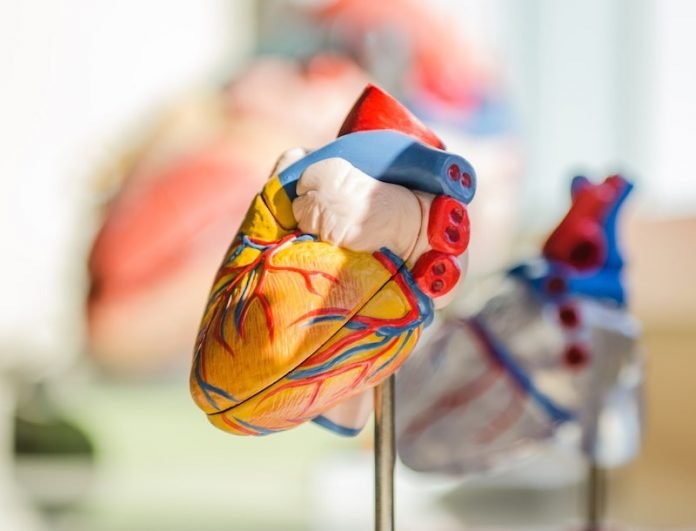
According to the British Heart Foundation, heart and circulatory diseases cause more than a quarter (27%) of all deaths in the UK, which equates to more than 160,000 deaths each year—or one death every three minutes.
In a new study from the University of Surrey, researchers found that injection of the trace mineral manganese could enhanced MRI scans so that they provided more accurate details of heart function than traditional MRI methods.
These findings could have major implications for the treatment of heart attack patients.
The findings could also be of great use in the preclinical evaluation of treatments for patients who suffer from cardiacischemia—a reduction in blood supply to the heart muscle that could lead to cardiac arrest.
The study also suggests that if manganese-enhanced MRI is performed within the first few hours of a heart attack, it could be used to determine the optimal treatment regime for individual patients—helping to regulate changes in the cardiac muscle and thereby further improving survival chances.
Findings were evaluated by examining the infarct size and blood supply at three key intervals: one hour, one day and 14 days after a heart attack was induced.
The team says magnetic resonance imaging (MRI) is increasingly used to diagnose and give information on heart conditions.
This research using mice allows researchers to measure the health status of the heart muscle rapidly after a heart attack and could provide important information for optimizing treatments in patients.
If you care about heart health, please read studies about popular high blood pressure drug linked to heart failure and findings of for people with high blood pressure, this method may cut heart attack, stroke risk by 50%.
For more information about heart disease prevention and treatment, please see recent studies about this bone health drug may harm heart health and results showing that this simple exercise may protect you from diabetes and heart disease.
The study is published in Advanced Science. One author of the study is Dr. Patrizia Camelliti.
Copyright © 2021 Knowridge Science Report. All rights reserved.



